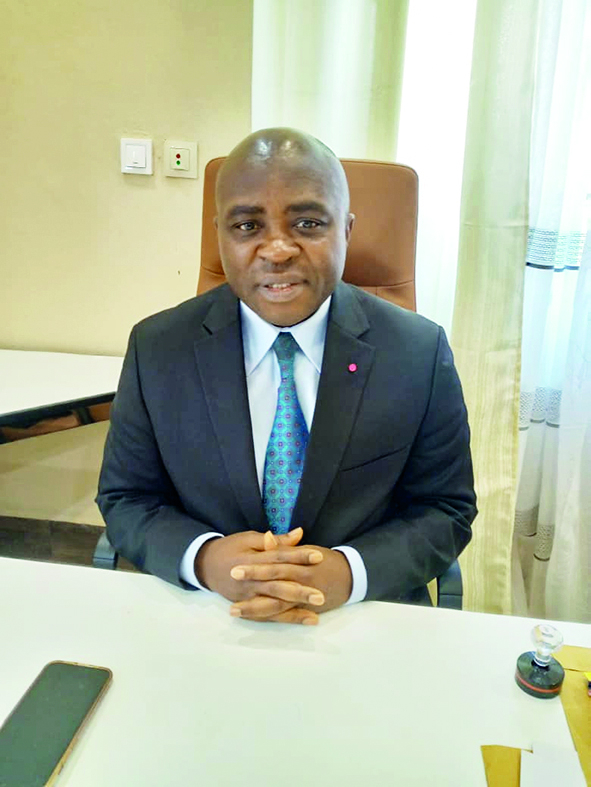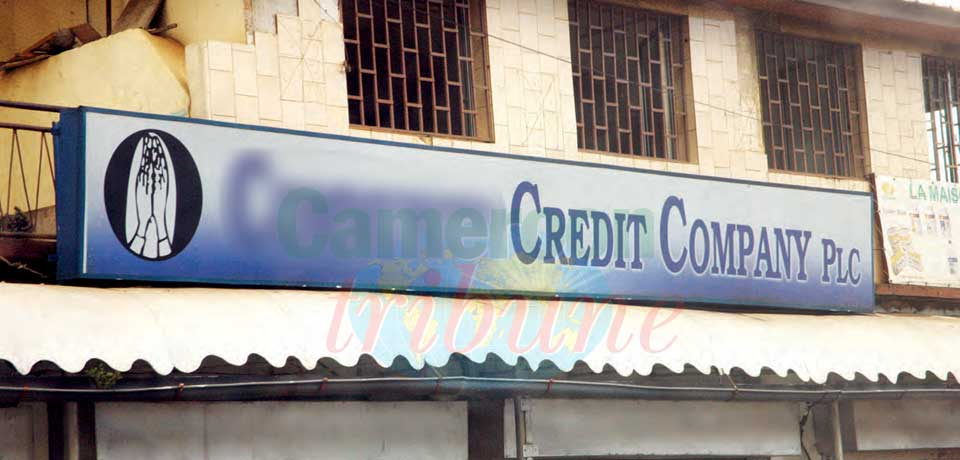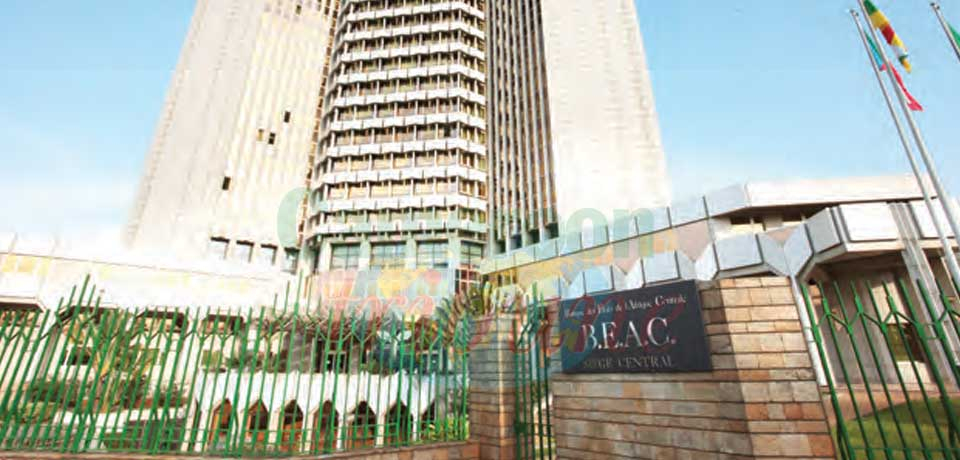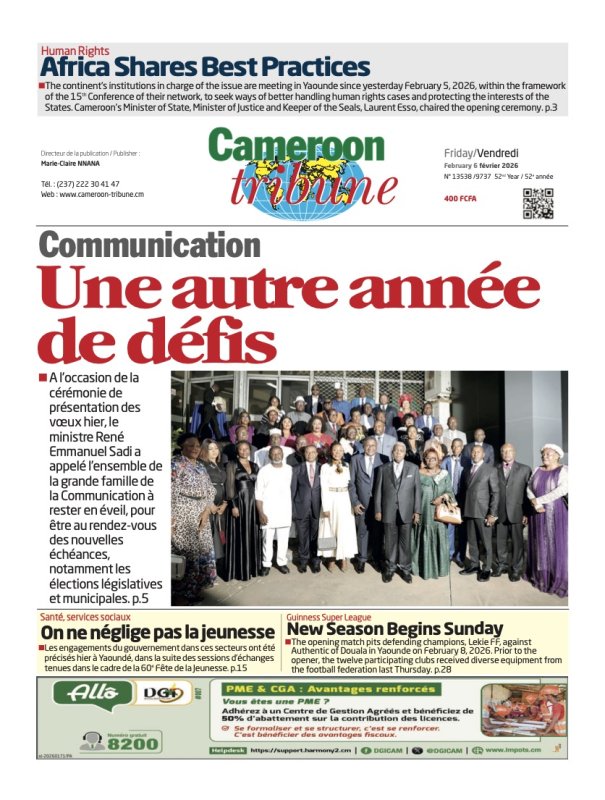“We Have 2,400 Tons Of Rice In Stock”
- Par Vubem Fred
- 21 Feb 2023 11:01
- 0 Likes

Eric Akongnui Andangfung, General Manager, Upper Noun Development Authority, UNVDA.
What is the situation of rice production in the North West with reference to the UNVDA?
Our production as of last year stood at 12,000 tons in the five Divisions where we operate, that is, Mezam, Ngoketungia, Noun, Bamboutos and Bui. Out of this, we produced 2,200 tons ourselves. This year we have 1,200 tons already plus the stock which we had for last year. Because out of the 2,200 tons we produced, we still have about 1,400 tons in stock. So, we have about 2,400tons in stock now. This is an increase as compared to 2017 when I took over. We had barely 600 tons. Shortly after, it came up to above one thousand tons and today 2,400 tons.
How do you organize production?
We work in collaboration with farmers. UNVDA is a development company. Our main role is creating a favourable environment for farmers to cultivate the rice. We in turn buy the rice from the farmers, process it and put in the local market. We have refused to export rice to any neighbouring country even though we have had solicitations. UNVDA is a government company, so we cannot be exporting rice while the government is importing rice. Someone came from Angola and wanted to buy almost all of our stock but I turned it down. We are out to reduce the importation of rice.
How comes you had left-overs last year and so much rice in stock when there is a huge demand for rice in the country?
It’s not left-overs. Towards the end of the year we experienced some technical problems which made us not to haul all our stock. First, three of the ENEO pools that lead to our 40kilovolt transformer, got burnt. So there was no electricity supply in our factory our standby generator SDMO also had some hitches. We ordered the parts through Arno technique from France. We learn the parts are already in Douala and we will soon fit them. The hauling generator is very expensive. So I have written to the Governor to ensure the security measures for ENEO to re-establish power supply to our factory.
Apart from power supply what other difficulties do you face in carrying out your activities?
The crisis is affecting us negatively. The second challenge is developing the fields which demands huge financing which we don’t have. Our machines are equally old, some 42 years old and no longer so performing. Initially, the machine could haul five tons of rice per hour but now it can haul only 3.5 tons per hour. Also, the recuperation rate has dropped of the old machine is 42 per cent meaning if we haul one kilogramme of paddy, we get only 42 per cent. At the present dispensation, we buy a kilogramme of paddy for FCFA 150. It means for us to have a kilogramme of finished white rice, you need something more than 2 kilogrammes. That is, you spend about FCFA 300 to obtain a kilogramme of rice excluding packaging. But we do not calculate it in such terms because there are other bi-products like broken rice, bresure and rice flour. It makes it difficult for us to sell in market at competitive prices. But if we have new machines, our recuperation can rise up to about 80 per cent. The Minister has promised us a new machine which can haul 12 tons per hour and offered the UNVDA some 1,200 tons of fertilizers or 2,4000 bags which we are going to distribute at subsidized rates to the farmers.
Have you received any support from the ‘Cameroon Rive Value Chain Project?
I am a member of the steering committee of that project. The project is still to start. It is an ambitious project. 1,000 hectares of land is earmarked for the project in Ndop but the project is yet to start because the loan agreement is still to be signed. Once this is done, the project will kick off fully. We are working in close collaboration with the coordinator of the project. We ...
Cet article complet est réservé aux abonnés
Déjà abonné ? Identifiez-vous >
Accédez en illimité à Cameroon Tribune Digital à partir de 26250 FCFA
Je M'abonne1 minute suffit pour vous abonner à Cameroon Tribune Digital !
- Votre numéro spécial cameroon-tribune en version numérique
- Des encarts
- Des appels d'offres exclusives
- D'avant-première (accès 24h avant la publication)
- Des éditions consultables sur tous supports (smartphone, tablettes, PC)














Commentaires